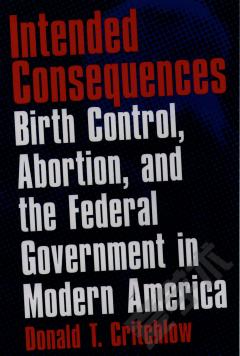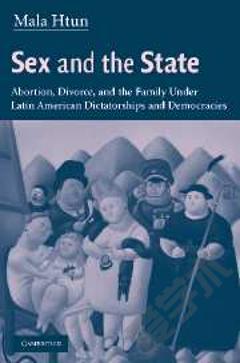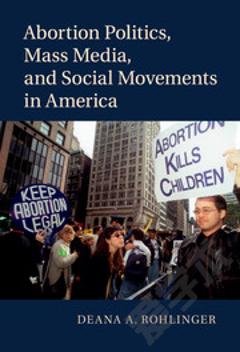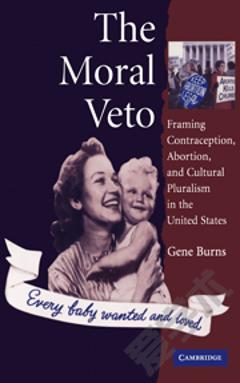Intended Consequences —— Birth Control, Abortion, and the Federal Government in Modern America
----- 预期后果:计划生育,堕胎和现代美国的联邦政府
After World War II, U.S. policy experts-convinced that unchecked population growth threatened global disaster-successfully lobbied bipartisan policy-makers in Washington to initiate federally-funded family planning. In Intended Consequences, Donald T. Critchlow deftly chronicles how the government's involvement in contraception and abortion evolved into one of the most bitter, partisan controversies in American political history. The growth of the feminist movement in the late 1960s fundamentally altered the debate over the federal family planning movement, shifting its focus from population control directed by established interests in the philanthropic community to highly polarized pro-abortion and anti-abortion groups mobilized at the grass-roots level. And when the Supreme Court granted women the Constitutional right to legal abortion in 1973, what began as a bi-partisan, quiet revolution during the administrations of Kennedy and Johnson exploded into a contentious argument over sexuality, welfare, the role of women, and the breakdown of traditional family values. Intended Consequences encompasses over four decades of political history, examining everything from the aftermath of the Republican "moral revolution" during the Reagan and Bush years to the current culture wars concerning unwed motherhood, homosexuality, and the further protection of women's abortion rights. Critchlow's carefully balanced appraisal of federal birth control and abortion policy reveals that despite the controversy, the family planning movement has indeed accomplished much in the way of its intended goal-the reduction of population growth in many parts of the world. Written with authority, fresh insight, and impeccable research, Intended Consequences skillfully unfolds the history of how the federal government found its way into the private bedrooms of the American family.
{{comment.content}}








 京公网安备 11010802027623号
京公网安备 11010802027623号